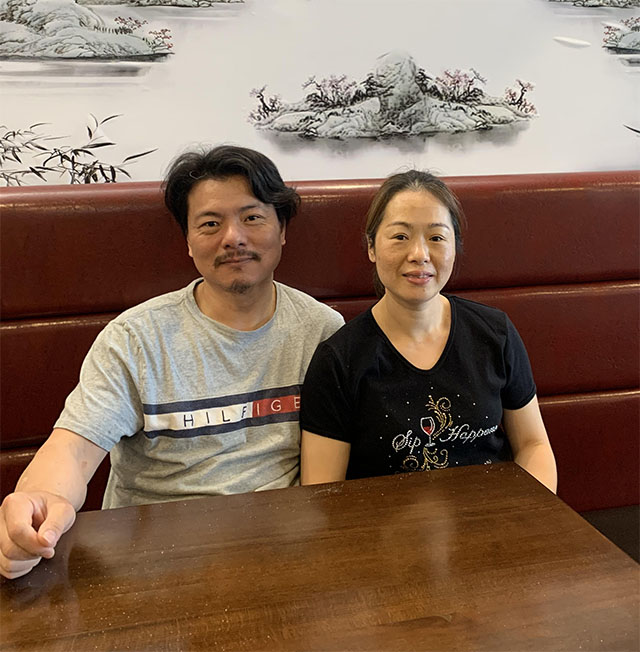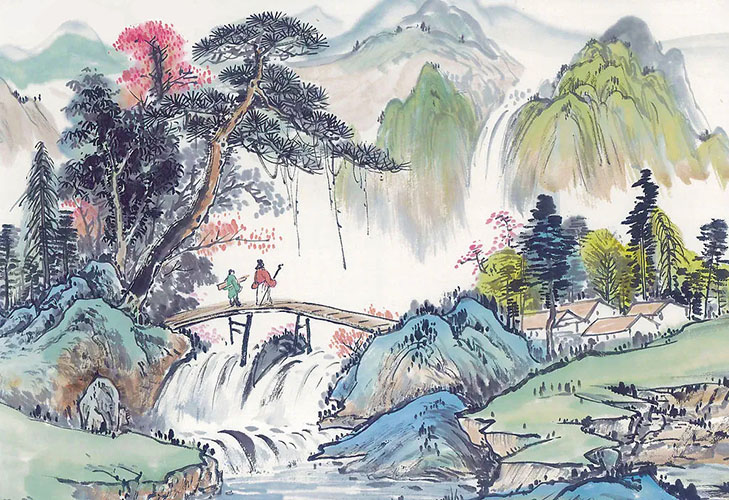About Lin's
A family-owned and operated food service
company specializing in Chinese Food

Vicky and Bin, the owners of Lin’s Garden Restaurant, both immigrated to Los Angeles from China at a very young age. They met each other in Los Angeles while working in the restaurant business.
From LA Vicky and Bin moved to Michigan and worked together at a few more restaurants to boost their food preparation and restaurant management skills.
From Michigan they moved to Pittsburgh were Vicky and Bin leveraged the skills they learned over the years to open their own restaurant, which they did together in 2004.
Now living in the N. Hills, Vicky and Bin have 3 wonderful children together, and they have built a very successful restaurant serving customers throughout the N. Hills of Pittsburgh. Check out Lin’s, you will leave pleased.
Hungry Neighbors Love Lin's Garden!
Bin & Vicky, the Founders & Owners of Lin's Garden Restaurant

Precious Family Time Together at Lin's Garden Restaurant
About the Chinese Art used in the website header
Ancient Chinese Poetry: Autumn Dusk in the Mountains (Wang Wei)

The mountains are hollow after the refreshing rain,
The autumn weather arrives in a late fashion.
Through the pine trees, the bright moon shines,
Over the stones, the clear spring flows.
Amidst the bamboo, women return from their laundering,
Lotuses stir from the lowering of fishing boats.
Springtime lingers at its own accord,
Nobles thus are given the option to stay.
Interpretation:
Wang Wei, a poet known for his picturesque poems, vividly paints a scenery of a tranquil evening in the mountains. This particular poem captivates its audience by creating a soothing, leisurely atmosphere and linking that natural scenery to human civilization. In the very first line, the emphasis on the late arrival of autumn depicts a carefree and calm night. After setting the scenery, Wang then focuses on two specific aspects of nature: the bright moon, 明月, and the clear spring, 清泉. The moon and water are critical connections to human civilization; in most Chinese poetry, the moon symbolizes a yearning for a loved one, whereas water signifies a source of life. Through incorporation the moon and water, Wang hints at the sustained connection between humanity and nature. The next lines mention direct aspects of human society, whether it be the women who wash clothes or the fishermen who lower their boats into the streams of the mountains. These mundane, humanly actions stir the quiet passions of nature — the bamboo rustles, the lotuses bob up and down in the water. Finally, Wang applies the most direct link between humanity and nature by personifying spring as a person who casually lingers around, resting and moving at her own pace. Ultimately, the mountains’ aura of tranquility and relaxation allows nobles to stay and rest at their own accord — a symbol of the unity between man and nature.


